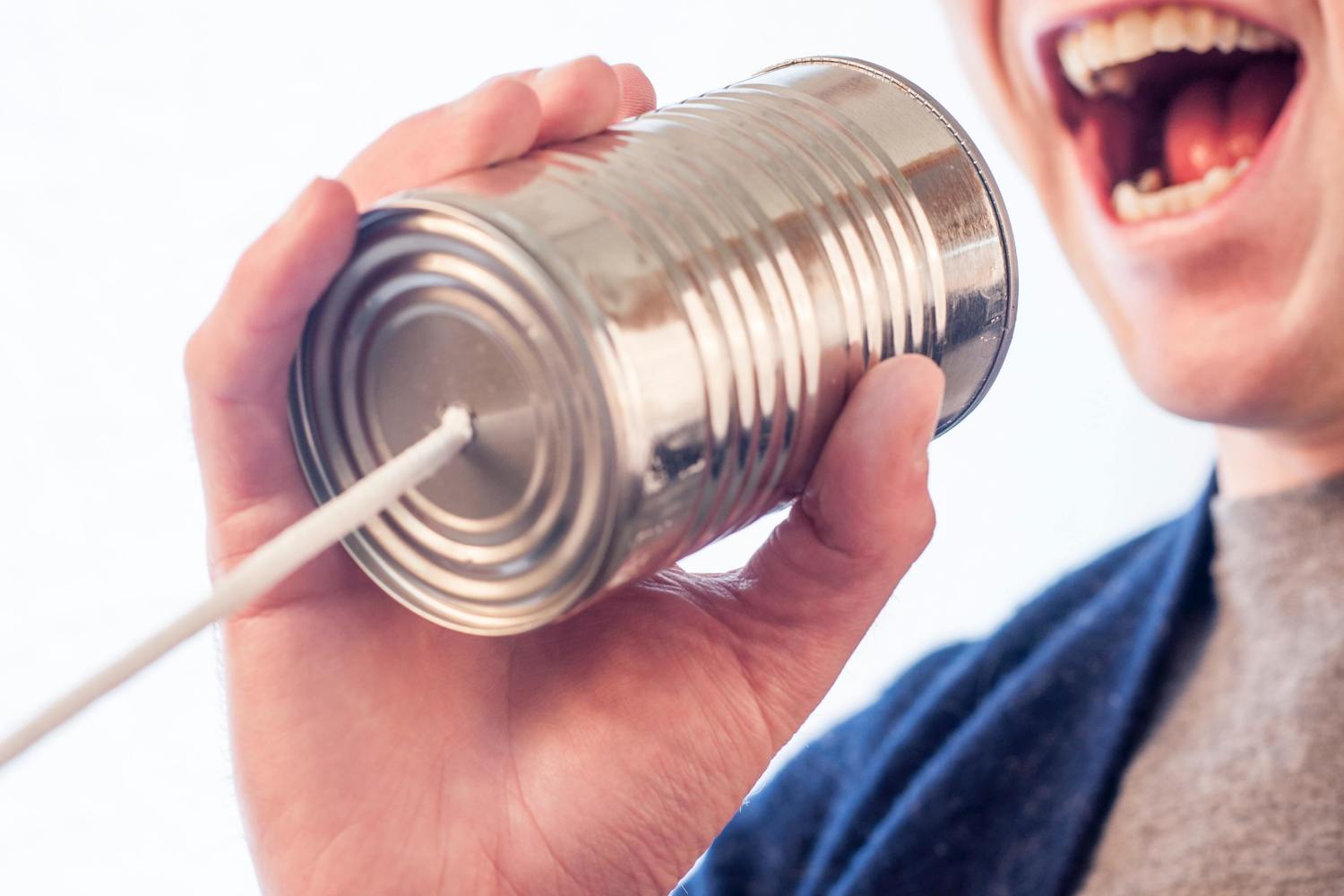6 Minute Read
Believe it or not, but it’s quite normal to question if you’re in a mentally healthy relationship, we all do it. Yeah, it’s easy to feel guilty when we question things like this in our lives, but it may benefit both you and your significant other in the long run. This doesn’t necessarily mean you’re questioning everything about your relationship. In reality, questions help us dive deeper into the meaning of our connections.
Disclaimer. This is not to say you and your partner have hit all these areas and are the perfect couple, because these perfect couples typically don’t exist, seriously. Even couples we label as #RelationshipGoals may not meet all of these points, and that’s okay too. It’s just our job to do our best as we expect our other half to do their best too when it comes to healthy connections. Chances are, this article could also be used as a guide to strive for, if anything. Maybe there’s other signs that are important to you that could be added as well. You have that power! Get creative! Anyways…
Here are 8 signs you’re in a mentally healthy relationship.
1. Open Communication

Just like a referee throws a flag on a play because of what he or she saw on the field, it’s up to you and your partner to say what you see too. Unfortunately, we aren’t great mind readers or fortune tellers so we need to resort using our words and be as honest as possible, even if it might sting a bit.
It’s important that you feel safe to express your feelings and opinions during open dialogue. Yes, it’s completely fine to disagree, we all do it because it’s natural. Just know that it’s important that you are honest with yourself and with your other half.
2. Intimacy
Without open communication as a prime foundation, it can be really difficult uncovering what intimacy may mean to you and your partner. Usually, we just assume that whatever we like, they will like too right? It’s not always that case. Intimacy is about investigating what they like, dislike and everything in-between. This may make you both closer.
Good questions to ask yourself are: have you voiced what areas you’d like to be closer with? Has your person done the same and express their wants? Lacking this is not the end of the world, but giving it a shot could potentially increase closeness starting now.
3. Physical Affection

How do you show physical affection? Who initiates it? Has this ever been spoken about or do you just jump right in? Any boundaries? Physical affection usually involves non-verbal communication and lets you know how close this person is to you, physically.
Remember, without open communication, showing intimacy through physical affection could mean something completely different to your partner. Talk about it first, see how things go, and your non-verbal communication styles will get better overtime.
4. Fairness and Negotiaion
Have you ever had to compromise with your partner or come to some sort of agreement? If so, there’s a good chance you’ve had plenty of these types of conversations that requires a bit of sacrifice from both ends. Working to enhance understanding that both of you will change over time is a great sign of flexibility regarding both fairness and negotiation.
Disagreements aren’t a bad thing, at all. They come with relationships because you are two separate people learning about commonalities. You and your significant other may have grown up in different cultures, so disagreements will happen. Embrace to agree to disagree, but the point is to find balance from both ends, understand and support one another.
5. Shared Responsibility
Do you ever feel like you do more, or perhaps do less than your other half? Things like chores, buying food or even deciding where to vacation, responsibility falls on both parties. Responsibility also goes further than deciding surface level things as well.
A powerful way to understand where you are in this shared responsibility stuff is to ask yourself if you give as much as you receive. Does your significant other take or give more? Does it even matter to you? Do you know if this matters to them? Doesn’t hurt to ask, trust me.
6. Respect

Respect can be described as appreciation, honor, recognition, consideration and other words that make us feel valued.
Do you feel valued in your relationship and do you value your significant other? Respect can also mean paying close attention to your person in a way that makes them feel admired as well.
Don’t let this small definition represent what respect means to you. You have the power to define what respect means to you. Maybe it involves some of what was said and maybe there’s more too it. Find out and share with your partner asap!
7. Trust and Support
Just like respect, trust is defined in the mouth of it’s speaker. Trust can be best described as something that has many levels, but the point is to know where you and your other half are at with trust in the relationship right now. Trust in a relationship can also be defined as having special confidence in someone.
Support is a powerful component of trust as well. Putting your support in someone shows how much you believe in them. A great way of knowing you’re in a healthy relationship is to ask yourself how much does your partner support you and your dreams? You can ask yourself this question too!
8. Honesty and Responsibility

Taking responsibility means to minimize excuses and maximize taking ownership when you make a mistake. Sure, it’s hard at times to share something because you may be afraid of their reaction, but communicating with honesty is a better tactic than outright lying to benefit yourself.
When you say you’re gonna do something, try your best to keep your word. Be accountable and hold your other half accountable as well. You both can really balance one another like this.
Takeaways
You might have been surprised by some of these signs of a mentally healthy relationship. Whatever the case may be, just know that if you or your person are struggling in some of these areas, it’s definitely not the end of the world.
Actually, it’s great if you realize that each area is not up to par because now you’ve found something to work on, together. Of course, there is so much more to be added to this post about more signs for a mentally healthy relationship, but that just couldn’t fit. That’s when your imagination and creativity come in! You decide what fits.
Continue to find out what you like and dislike, communicate what you need from your person right now and remember to do the same for them. Good luck, you got this!
Originally published at www.kernwellnesscounseling.com

